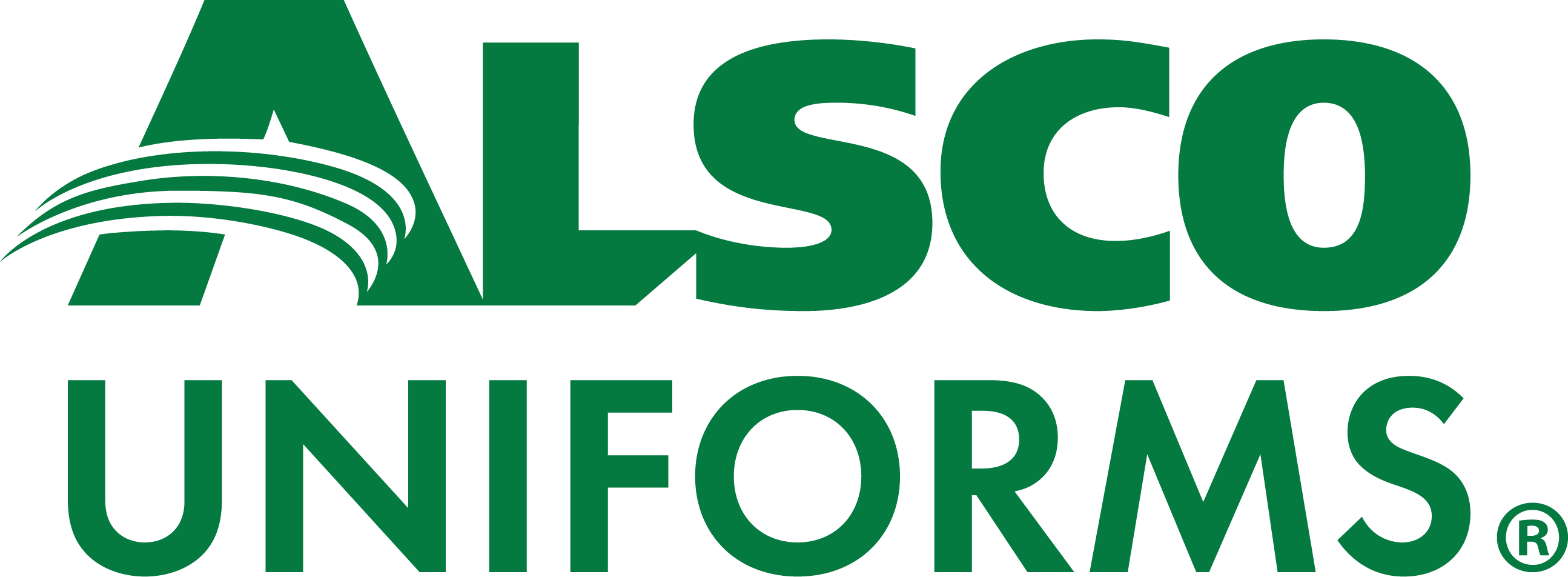
One of the items we specialize in is workwear uniform rental. Alsco has been providing customers with high-quality workwear since we pioneered uniform rental back in the late 1800s. As such, we define workwear in a very specific way that is reflected in the types of clothing in our workwear line. We don't call everything people wear at work “workwear.”
In recent years we've noticed a bit of confusion over the term workwear. Now we know why. It turns out there are competing definitions of the term. Those definitions are causing confusion among companies looking to adopt a uniform policy for the first time.
The point of this post is to clear up some of that confusion. It's necessary because how an employer views workwear influences that organization's uniform policies. It really doesn't matter the definition a company uses as long as that definition remains consistent throughout all company policies and procedures.
The Classic Definition of Workwear
Here at Alsco, we rely on the classic definition of the term “workwear.” The Cambridge Dictionary offers perhaps the clearest definition of all:
"Clothes that people wear for work, usually heavy work that is done with the hands."
We have always understood workwear to be clothing designed for manual laborers whose work is such that street clothes and formal wear are just not appropriate. This classic definition dictates that workwear does not include tailored suits, fine dresses and the like. It does include heavy-duty shirts, pants, boots, jackets, etc.
We would consider a heavy-duty uniform worn by an auto mechanic to be workwear. We would not think of the casual attire worn by a business executive as workwear, and therein lies the difference. The classic definition of workwear is at odds with its more modern counterpart.
The Modern Definition of Workwear
The modern definition of workwear is broader. It is also not encapsulated in a dictionary definition. Rather, it is typified by cultural norms as observed in the fashion industry. If you don't know what that means, consider a recent Yahoo! Style article aimed at a UK audience looking for suggestions about what to wear to work in the midst of a summer heat wave.
The article in question mentioned things like breathable summer dresses, tailored shorts and heels. The author talked about looking fashionable while still staying as cool as possible. To her, workwear is whatever you wear to work.
Another article published by Harper's Bazaar in late July focused on fashion editors and the workwear brands they prefer. The article, complete with photographs, looked more like a fashion spread than anything else. None of the clothing featured in the article would be appropriate for heavy work.
Workwear Is Clothing With a Purpose
There is nothing wrong with the modern definition of workwear in and of itself. It's fine to think of workwear as any clothing one might wear to work. But when you're talking about establishing a uniform policy, it must be understood that workwear is clothing with a purpose.
A uniform is not just anything you choose to throw on that day; it conforms to some kind of standard. That standard could be branding, safety, staff conformity or any combination thereof. The point is to say that if staff members are all wearing different types of clothing that changes from one day to the next, they aren't really wearing uniforms.
For our clients, workwear uniforms are uniforms consisting of clothing items designed for heavy work. They also serve as tools for branding and presenting a professional image. To learn more about them, give us a call. One of our representatives will be more than happy to walk you through all of our workwear options.
